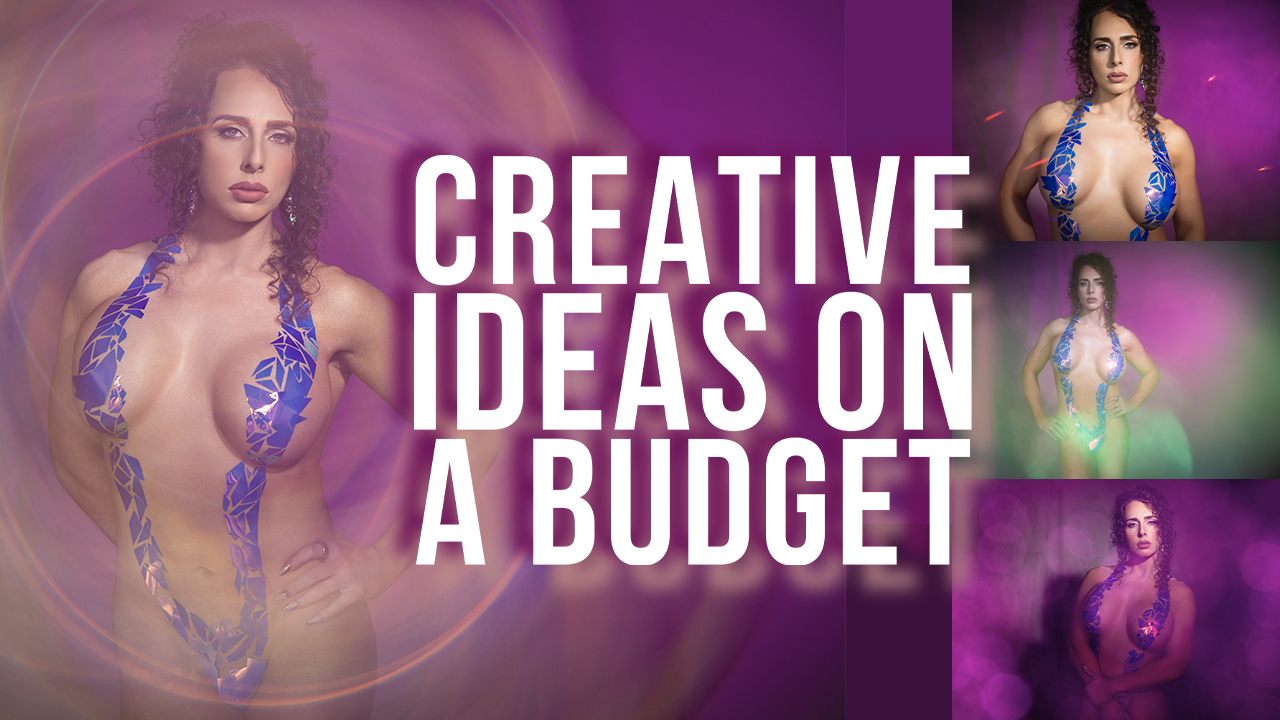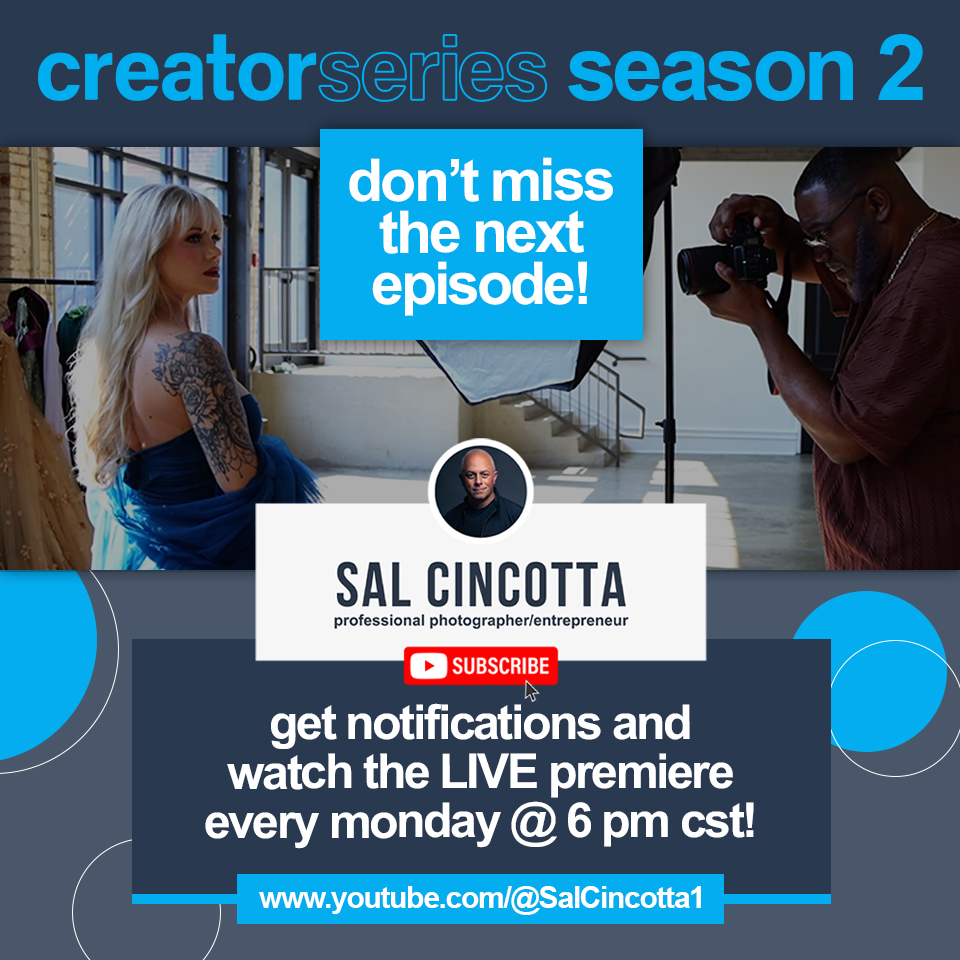Building a Business That Supports Your Dreams, Part I with Phillip Blume
What Are Your Dreams?
“Daddy, will you pray for us to have good dreams tonight?” my 5-year-old daughter says as she wraps her tiny hand around my finger and snuggles into her pillow. Every night she makes the same simple request for herself and her two siblings. She takes her role as big sister seriously. And at the end of the day, this motherly little girl’s strongest desire isn’t for toys or candy. In her innocence and honesty, she expresses a more basic need that, even as adults, we all often become distracted from: peace. She wants to rest in the security that everything will be okay. No monsters. Just visions of the day we enjoyed together, full of laughter, life and hope for the future.
I remember vividly the terror of childhood nightmares. No, I’m not afraid of the dark anymore. But many nights, I have awoken in that same old fit of terror. Do you know the fear I’m talking about? My monsters now are a low bank account, fast-approaching deadlines and the enormous pressure to care for my family and achieve my dreams before it’s too late.
Just three years after we began Blume Photography, my wife, Eileen, and I had already achieved more success in business than we’d ever thought possible. I grew up poor but happy in a backward town with one traffic light, where we shared our drafty house with wild animals that scurried through its walls. My greatest ambition after we got married was to earn $30,000 a year and keep the lights on. In some ways, this idealized simplicity still appeals to me over the stress of being a business owner.
But I also remember the harsh reality of poverty—the cold winters with little heat; the sound of my mom crying over bills when she thought I was asleep; my dad’s anxiety when Mom was diagnosed with cancer and we couldn’t afford the doctors. So when I discovered that financial success is less a matter of luck and more a matter of following solid principles, I was all in. We restructured our photography business, and it took off as expected.
You would also expect, then, that the first year our studio earned six figures, we might have slept better at night. You’d expect that photography awards and an official “fastest-growing business” title would’ve granted us peace. But no—not until we sat down and defined our dreams for life did peace begin to settle over our hearts and home. Why did we wait so long to do this basic exercise? Until then, we had been flying by the seat of our pants. We didn’t really know what we wanted to achieve through it all, much less what we wanted out of life. Financial stress is cited as a leading cause of divorce; it’s funny how that stress doesn’t go away no matter how much you earn. So we began with the conviction that our marriage held priority, and it was time to get on the same page.
Whether you’re carrying the weight of the world, or whether everyone thinks you’re standing on top of it, the most important step toward real and lasting success—the kind that comes with peaceful dreaming—is to define your dreams clearly for yourself. In the next few paragraphs, I want to tell you how to do that, and then how to build a business that supports your dreams.
Redefine Your Dreams as “Vision”
There’s a problem with the word dreams, and we hit on it above. Dreams mean different things to different people. There’s the literal act of dreaming when asleep. Then there are “pipe dreams,” those I-wish-they-would-come-true dreams we read about in fairy tales. But it’s misleading when a story suggests you must wait for a prince or fairy godmother to come along before your dreams can become reality. It paints you as helpless. The dreams I’m talking about are goals you feel you must achieve, and they require some serious hustle and hard work. You are going to make them happen!
So let’s talk about vision. Vision is clearer, more resolute, and sometimes you will even have to lay aside many of your more erratic daydreams to stay focused on your greater vision. In his popular TED Talk “The Golden Circle,” Simon Sinek brilliantly illuminates the one simple reason certain businesses and individuals (his examples are Apple, Martin Luther King and the Wright brothers) are able to achieve remarkable success over their competitors, despite their competitors having better access to the same resources. What is the “it” factor they share? Is there something that all remarkable people and businesses have in common that helps them rise above the fray?
Yes, and the answer is vision. Now I admit, vision still may sound intangible to you right now. “Great, so I need vision. But how do I get it?” Hang with me. Defining your personal vision will take a little time and concerted effort. But at least it doesn’t require you to wait around helplessly for inspiration or a fairy godmother. There are steps you can take now to figure it out.
What Matters Most to You?
As it turns out, the idea of vision is hard to put our fingers on for biological reasons. We humans make all our decisions (including business ones) in our limbic brain, the emotional part that has no capacity for language. It’s why entrepreneurs often make the decision to “go with our gut” even when it flies in the face of our analytical brain—all the data and well-intentioned advice of others be damned.
In the end, vision is a word than means “your most closely held beliefs and convictions.” Our Vision Statement for Blume Photography is this: “We believe life is sacred and that people’s lives are eternally significant. Therefore, we want to celebrate life [our wedding portraiture] and restore lives where they’re being destroyed [our pro bono projects] through the power of visual art and to God’s glory.”
Everything we do flows out of this vision. And we constantly have to reassess our business to make sure we don’t get sidetracked by projects or methods that could undermine that single-minded purpose. We simply won’t accept more than 25 weddings a year, won’t schedule during important family events and never miss the summer day camp where Eileen and I for years have been counselors. To do so would undermine our investment in the lives of our children and community. We also believe people were designed to need a minimum one day of rest per week, so we honor that day in order to maintain our physical and spiritual health, even if we have to schedule it outside our usual Sunday routine.
Staying true to your values in this way can make a lot of business decisions much easier, but it’s not all about what you say no to. More important is what you say yes to.
When Your Dreams Become Reality
When Eileen and I took the time to define our shared vision, the result was a new plan for our life and business. We realized we needed to be true to who we are and what we believe in—not work our whole lives away in the hope that we might someday earn the extra time to do what matters to us. It wasn’t the most logical decision. If you know our story, you know our journey began with emptying our savings to make a documentary about children in Guatemala’s slums.
More recently, we returned from China where we completed a long journey to adopt our sweet little boy and bring him home to his forever family. Now, instead of our business existing in a box outside of our “real life,” we see work and life as inextricably intertwined. We were able to build our portfolio while visiting sites around China, like the Great Wall. We were blessed to have our friend, the talented photographer Laura Yang, travel with us as both a kid-wrangler and documentarian of this historic time for our family. Her photos are a priceless treasure for us and, simultaneously, speak to our clients about the high value of photography in our lives. They see us walking our talk.
We have found that a supportive community has grown up around us and our business as we have become clearer about our convictions. That is partly because, just as we ultimately make decisions that “feel right,” consumers also make purchasing decisions with the emotional part of their brain.
To put it simply: Customers don’t buy products, they buy an experience. They buy you. Clients choose the photographer they feel a connection with, not the one with better photos on his website. Knowing this, you should feel freer than ever to pursue your vision, be an open book about who you are and rest assured that doing so will help you find better clients than ever before. They will be clients who share your dreams.
In next month’s issue, I give you the four practical, time-saving changes we built into our studio’s workflow that allow us to follow our dreams every day.




